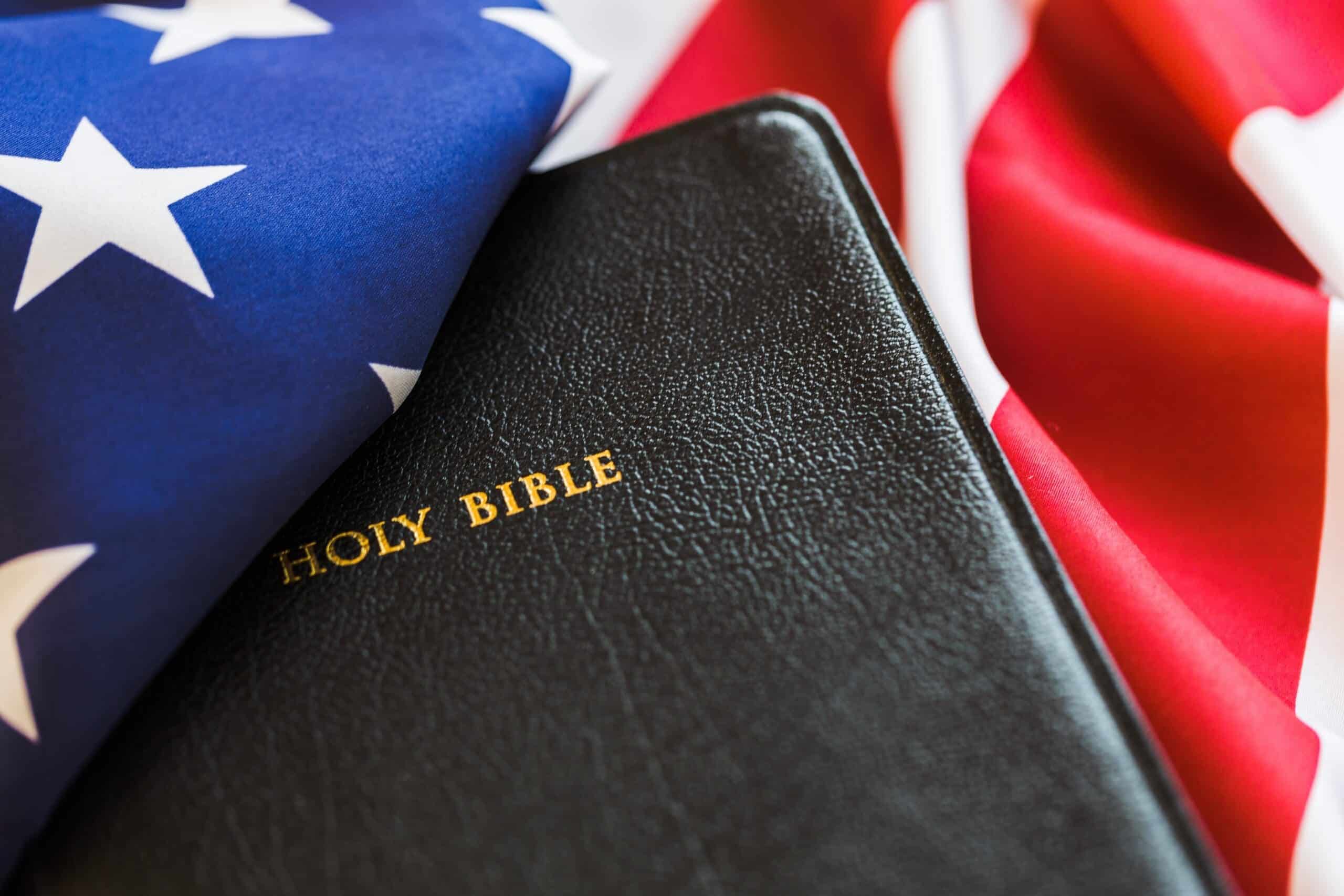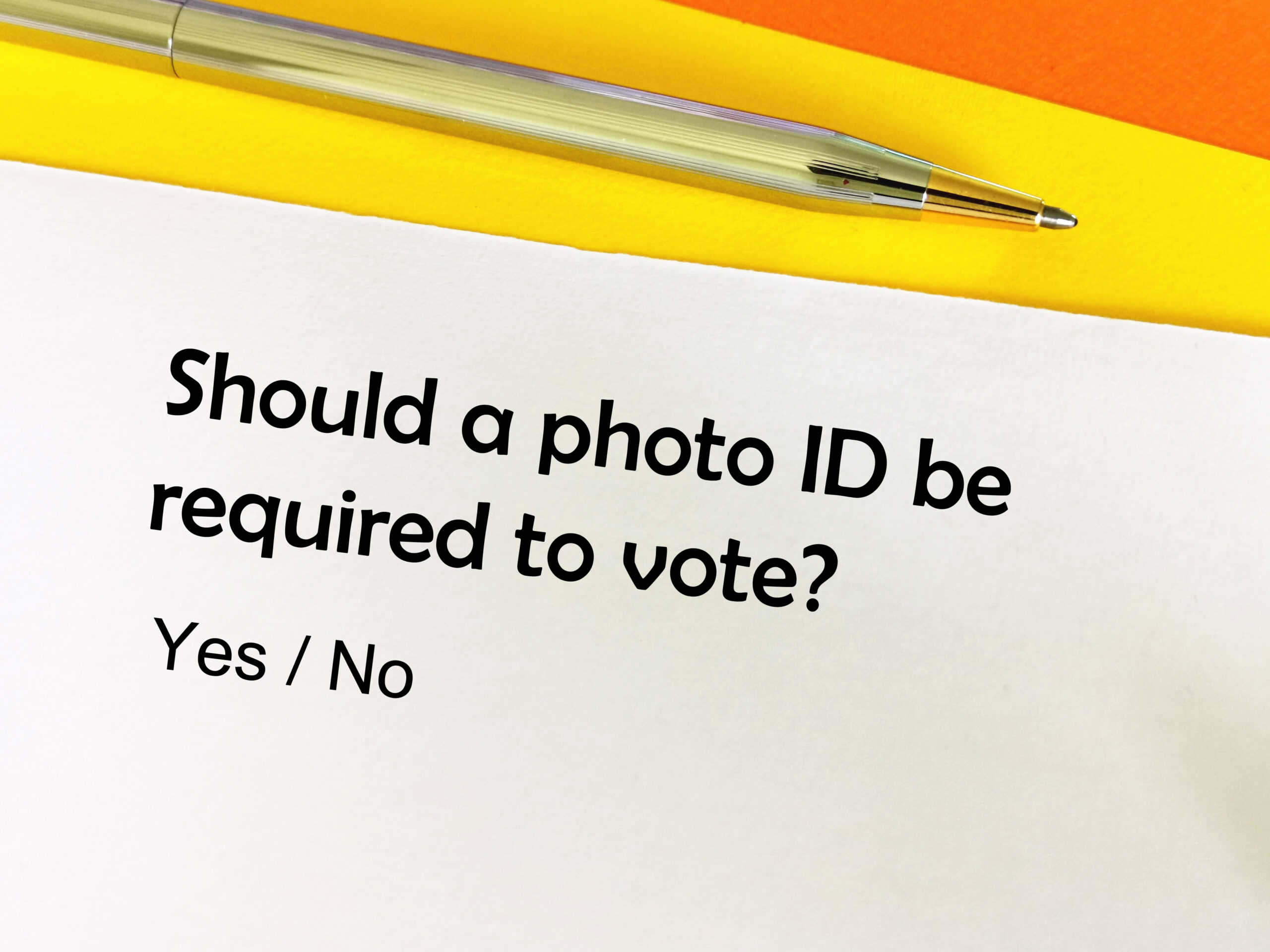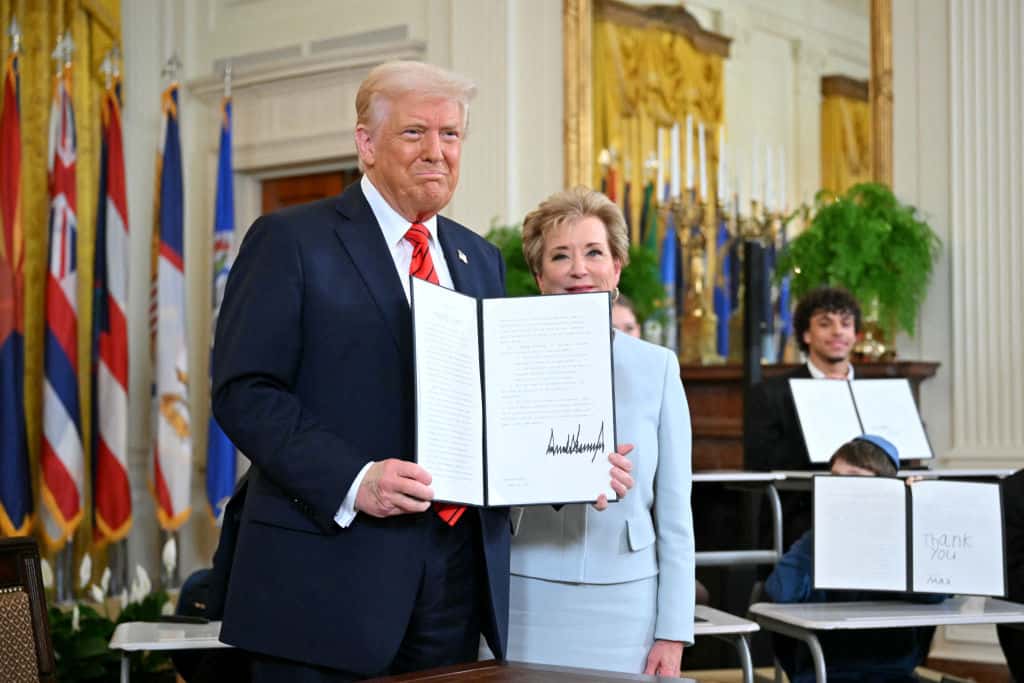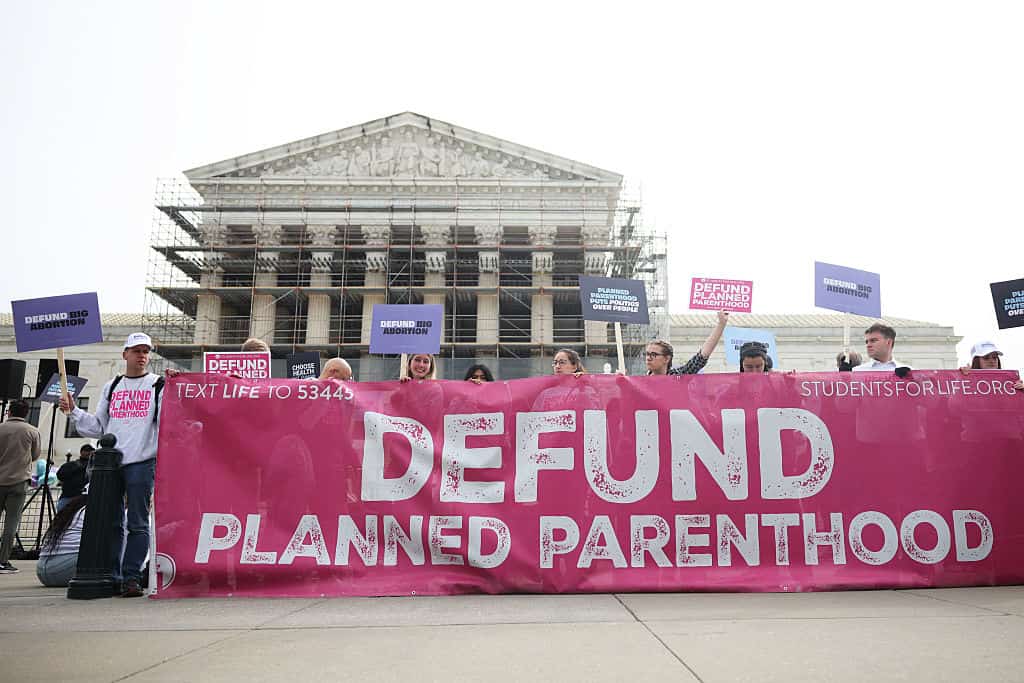Christians Have a Responsibility and Privilege to Get Engaged in Politics

There are around 25 million Christians in the United States that don’t vote consistently – one out of every three Christians. If self-professed followers of Christ voted, they would have the power to single-handedly change the course of our nation.
The Daily Citizen recently spoke with Bunni Pounds, President and CEO of Christians Engaged, a nonprofit organization that seeks to get Christians involved in politics.
The organization seeks to “awaken, educate, and empower believers in Jesus Christ,” and exhorts all Christians to take three steps to get involved:
- Pray for our nation and elected officials regularly;
- Vote in every local, state, and national election to impact our culture;
- Engage in civic education or involvement for the well-being of our local communities and our nation.
Christians Engaged encourages followers of Christ to take their pledge and commit to making a difference.
Pounds says Christians should engage in politics because “we are Christ followers in every part of our life.”
“We’ve been blessed with an opportunity to elect our representatives. The founders of this nation gave us a gift,” she explains. “At a minimum, every Christian should be loving their neighbor enough to elect righteous leaders.”
This year, Christians have an opportunity to do just that. On November 5, the United States will hold a general election in which citizens will elect the next president of the United States, 33 senators, 435 members of the U.S. House of Representatives, and thousands of state officials.
Millions of voters in several states, including Colorado, Florida, Maryland, New York, Nevada and South Dakota, will also have the opportunity to vote on important abortion-related ballot measures.
When it comes to picking a candidate, Christians should begin to research and consider who they may vote for.
“Friends, Jesus is not on the ballot,” Pounds quips. “So that means we may have to choose between imperfect candidates. We need to look at what the candidate says that they believe. What does the political party that they stand for believe?”
“If you elect somebody and you don’t like them a year later, [you can] run a challenger against them,” she added. “But don’t not participate just because you’re having an issue with different personalities. We’ve got to look beyond the personalities and look at the positions and their values.”
You can watch our full interview with Bunni Pounds below:
Christians Engaged recently announced a merger with Family Policy Alliance and the Family Policy Alliance Foundation. The merger will help both organizations better influence public policy from a faith-based perspective, foster civic engagement among Christians and promote family values.
The organizations said,
Unified efforts in policy advocacy, education, and grassroots mobilization can lead to significant legislative victories, increased voter turnout among Christians, and a more informed and engaged Christian electorate — resulting in a nation where God is honored, religious freedom flourishes, families thrive and life is cherished.
Indeed, Christians have not only an opportunity, but a duty, to engage in the political realm.
Christian theologian Wayne Grudem, professor of theology and biblical studies at Phoenix Seminary, writes, “All citizens who are old enough to vote have a responsibility before God to know what God expects of civil government and what kind of moral and legal standards he wants government to follow.”
He adds,
Every Christian citizen who lives in a democracy has at the very least a minimal obligation to be well-informed and to vote for candidates and policies that are most consistent with biblical principles. The opportunity to help select the kind of government we will have is a stewardship that God entrusts to citizens in a democracy, a stewardship that we should not neglect or fail to appreciate (emphasis in original).
Some might argue with this idea, contending instead that Christians should only worry about evangelism and people’s souls, not politics.
But as Grudem points out, “Try to imagine what a nation and its government would be like if all Christian influence on government were suddenly removed” (emphasis in original).
He notes there are many political issues facing our country with a substantial moral component – war, same-sex marriage, abortion, pornography, poverty, care for the environment, capital punishment and public education.
Christians must not abandon the political realm and fail to apply a Christian moral ethic to these critical issues.
“The United States has a tremendous need for moral guidance,” Grudem says, “and I am convinced that Christians should study and discuss and then speak publicly about them.”
If you’re looking to engage in politics, consider taking Christians Engaged’s pledge and perusing First Liberty’s 2024 presidential voting guide. You can also check out related resources below.
Related articles and resources:
How to Get In Touch With Your State Policy Group
Are You Registered To Vote? If Not, Today is the Day to Do It.
Photo from Shutterstock.
ABOUT THE AUTHOR
Zachary Mettler is a writer/analyst for the Daily Citizen at Focus on the Family. In his role, he writes about current political issues, U.S. history, political philosophy, and culture. Mettler earned his Bachelor’s degree from William Jessup University and is an alumnus of the Young Leaders Program at The Heritage Foundation. In addition to the Daily Citizen, his written pieces have appeared in the Daily Wire, the Washington Times, the Washington Examiner, Newsweek, Townhall, the Daily Signal, the Christian Post, Charisma News and other outlets.
Related Posts

Is it ‘Voter Suppression’ to Require Proof of Citizenship to Vote?
February 10, 2026

Education Department Celebrates National School Choice Week
January 30, 2026

New York Ends Fight to Force Nuns to Pay for Abortions
January 27, 2026

